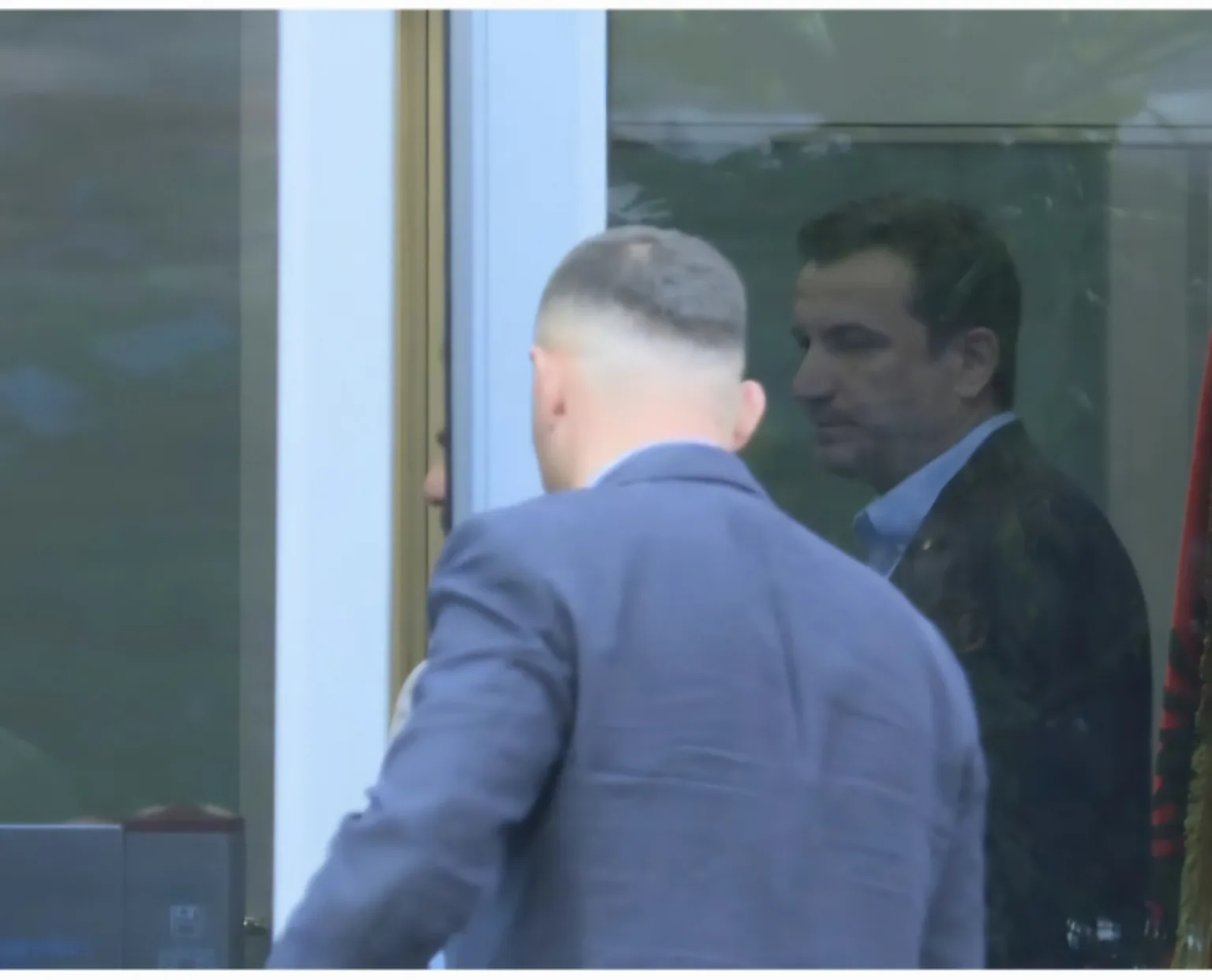Erion Veliaj to remain in jail as High Court ruling revives accusations of judicial double standards

Albania’s Supreme Court has upheld the pretrial detention of Tirana Mayor Erion Veliaj, rejecting his final appeal and confirming that he will remain behind bars without a set trial date. The decision—rendered by a judicial panel led by Judge Albana Boksi—reinforces earlier rulings by the Special Court of First Instance and the Special Court of Appeals.
Why is this important: Veliaj, arrested on February 10 in connection with a corruption investigation by SPAK (Albania’s Special Anti-Corruption Structure), is one of the few sitting officials from the ruling Socialist Party to be detained while in office. But what has stirred widespread controversy is not the investigation itself—it’s the contrasting treatment of political figures across party lines.
Despite facing serious charges, opposition figures such as former Prime Minister Sali Berisha and former defense minister Fatmir Mediu remain at liberty. Berisha, who has launched relentless verbal attacks and vicious threats against SPAK and the judiciary, continues to await trial under a minimal security measure—required only to appear before SPAK once a week. His son-in-law, Jamarbër Malltezi, a co-defendant in a corruption case, was released on bail just days before the Supreme Court reaffirmed Veliaj’s detention. Meanwhile, Mediu—accused of involvement in the Gërdec explosion that killed 26 people—continues to be tried while free. Critics say these contrasts suggest SPAK and the courts apply justice unevenly, especially given the severity of the accusations involved.
Context: Veliaj is being investigated for alleged corruption, money laundering, and failure to declare assets—offences tied to both his activities as mayor and to his wife, Ajola Xoxa, who is under a separate “obligation to appear” measure. SPAK has yet to file formal charges, but insists that his continued detention is necessary to prevent interference with the investigation.
His legal team called the measure extreme and legally unjustified, particularly in light of his full cooperation. The High Court dismissed this claim. On the same day, it also rejected appeals by several other individuals linked to the case, including businessman Elman Abule.
Veliaj remains in pretrial detention at the Durrës prison, where he has been held for five months. The municipality of Tirana is currently being led by one of his deputies.
Judicial controversy: The case has widened into a broader debate about political neutrality in Albania’s post-reform justice system. Legal observers note that SPAK and the courts have taken a harsher stance toward Socialist Party figures who have remained silent or cooperative, while showing greater leniency toward opposition figures—especially those who have openly attacked SPAK, the Special Court, and the broader reform agenda.
The perception of imbalance intensified with the near-simultaneous decisions to extend Veliaj’s detention and grant bail to Malltezi, Berisha’s son in law and co-defendant. For critics, this contrast reads as a blunt demonstration of judicial asymmetry—punishing those who show institutional respect and accommodating those who defy it.
What’s next: Unless SPAK files formal charges soon, Veliaj’s legal team may turn to the European Court of Human Rights now that domestically all legal channels have now been exhausted. The investigation continues, but so do public questions about fairness, consistency, and the political pressures shaping Albania’s justice system.


